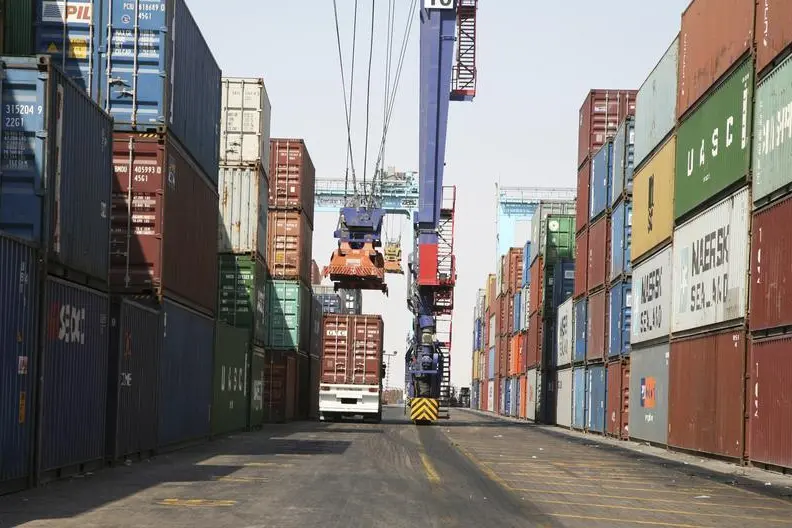PHOTO
AMMAN — The Jordan Chamber of Commerce (JCC) and Azerbaijan signed a memorandum on Monday during a ceremony attended by representatives of the JCC and the Azeri ambassador to Jordan as well as representatives of the Small and Medium Business Development Agency of Azerbaijan (SMBDA).
Jamal Refai, JCC’s first deputy, said that the memorandum will enable the JCC to highlight ways to develop economic and trade relations to achieve the desired objectives and “build more bridges of communication and partnerships” between Jordanian and Azerbaijani companies.
“Jordan has a unique and strategic location because it is located at the crossroads of Europe, Asia and Africa,” Refai added.
He stated that Jordan is a transport hub for the Middle East and has access to the Red Sea through the port of Aqaba, and other ports via neighbouring countries.
Jordan also has access to major international markets through seven Free Trade Agreements (the US and the European Free Trade Association States of Iceland, Liechtenstein, Norway and Switzerland, as well as Singapore and Canada) allowing access to regional and international markets.
Refai highlighted that Jordan is a member of the World Trade Organisation (WTO), as well as the Greater Arab Free Trade Area (GAFTA), Agadir Agreement, Party to the EU Association Agreement and the Barcelona Declaration.
The Azerbaijani delegation stated that there are ongoing discussions between the countries to reinstate direct flights between Amman and Baku to boost the tourism sector in both countries.
“Additionally, there is an incentive package and exemptions to encourage investment by exempting projects from income and social services taxes by 25 per cent, 50 per cent, or 75 per cent for a 10-year period,” he stated.
He added that the package of investments depends on the location of the project, noting that imported fixed assets are fully exempted from customs duties and taxes.
However, he stated that the top five contributing sectors to Jordan’s GDP are government services, finance, manufacturing, transport, tourism and hospitality respectively.
“We must think together about the mechanism of interlinkage of industries, as well as the exchange of information, expertise and knowledge,” Refai stated.
He added that the cooperation will benefit and contribute to strengthening economic relations and expanding the base of bilateral cooperation between the countries and achieve “tangible positive results in the near future”.
© Copyright The Jordan Times. All rights reserved. Provided by SyndiGate Media Inc. (Syndigate.info).




















